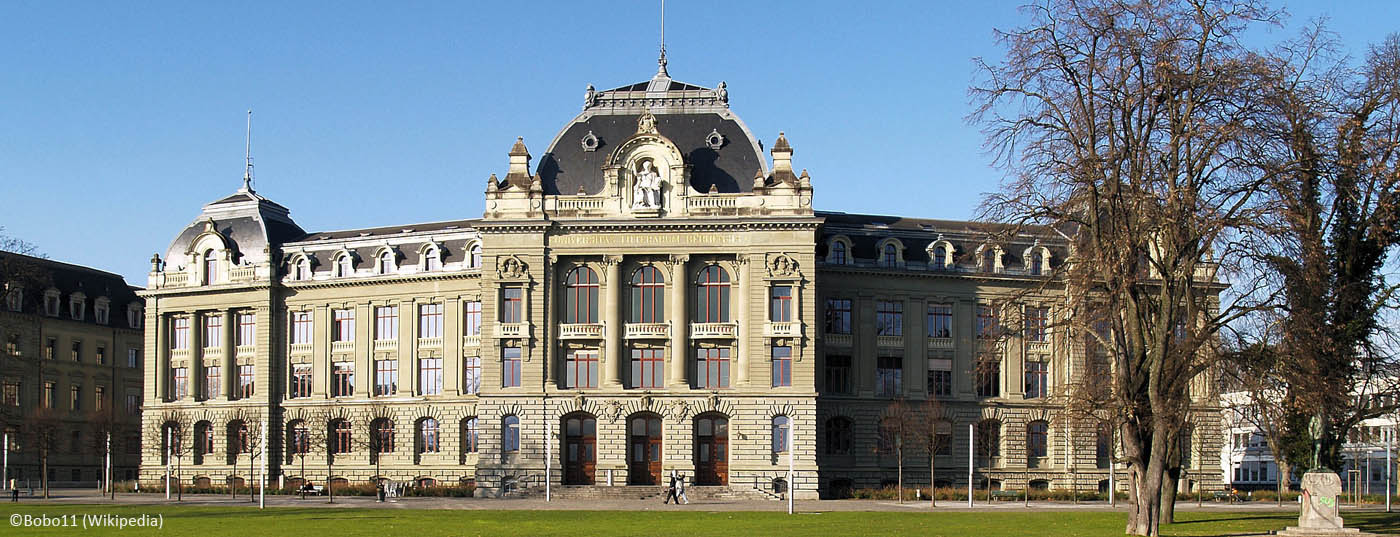An international team of researchers led by Bern has developed a new substance to treat severe bacterial infections – without the use of antibiotics. This could also prevent antibiotic resistance in the future.
(ee) The WHO has long warned of the development of antibiotic resistance, which is spreading worldwide. When antibiotics no longer work, even simple infections can be fatal. There is an urgent need for new agents that target bacteria but do not induce bacterial resistance.
An international team of researchers led by PD Dr. phil. nat. Eduard Babiychuk and Prof. Dr. med. Annette Draeger from the Institute of Anatomy at the University of Bern has now developed an alternative approach to previous antibiotics. The researchers developed a “protective shield” using liposomes – artificially produced nanoparticles consisting of parts of the fat layer of body cells. This traps the toxins emitted by the bacteria and neutralizes them. This makes the bacteria harmless and they can be rendered harmless by the cells of the immune system [1].
Bait for bacterial toxins developed
Liposomes are used, among other things, to transport drugs into the body. The Bernese scientists now put together liposomes in such a way that they attract bacterial toxins and thus protect the body’s cells from this dangerous “bombardment”. “We have created an irresistible bait for bacterial toxins. These now attack the liposomes and are specifically trapped there and rendered harmless. This prevents the toxins from damaging the body’s cells,” says study leader Dr. Babiychuk. “The effect of the liposomes is not directed against the bacteria themselves,” added co-leader Prof. Draeger. “Therefore, resistance cannot develop.” Mice treated with these liposomes survived an otherwise fatal sepsis and recovered without antibiotics.
Patent pending
The new active ingredient has been registered for patent by the technology transfer organization Unitectra Bern, which also includes the universities of Basel and Zurich. It is being further developed as a drug under the name “CAL02” by the Geneva-based biotechnology company LASCCO SA and is being prepared for clinical trials and use in humans. A first study in patients suffering from severe streptococcal pneumonia is currently being planned.
Literature:
- Henry BD, et al: Engineered liposomes sequester bacterial exotoxins and protect from severe invasive infections in mice. Nature Biotechnology, 2.11.2014, doi:10.1038/nbt.3037. [Epub ahead of print]
HAUSARZT PRAXIS 2014; 9(12): 6











